Sixty-one years ago, on a hopeful July morning in 1964, Malawi broke the chains of colonialism and embraced the promise of self-rule.
The aspirations were clear: dignity, prosperity, unity, and freedom.
But six decades later, as the country gathered today at Bingu International Convention Centre (BICC) for prayers and tomorrow at Bingu National Stadium to commemorate this milestone, an uncomfortable truth lingers in the air: we are a free nation that remains politically enslaved, not by foreign powers, but by our own self-serving and intellectually bankrupt leaders.
This year’s 61st Independence Anniversary comes barely two months before the most crucial election since the dawn of multiparty democracy.
It is a time that should invite deep reflection on the state of our leadership, our democratic culture, and the caliber of individuals we elevate to national prominence.
Yet, here we are, still forced to talk about characters like Alfred Gangata and Norman Paulosi “Pythius Hiwa” Chisale, the poster boys of thug-driven politics, men whose contributions to nation-building are as empty as their résumés are dubious.
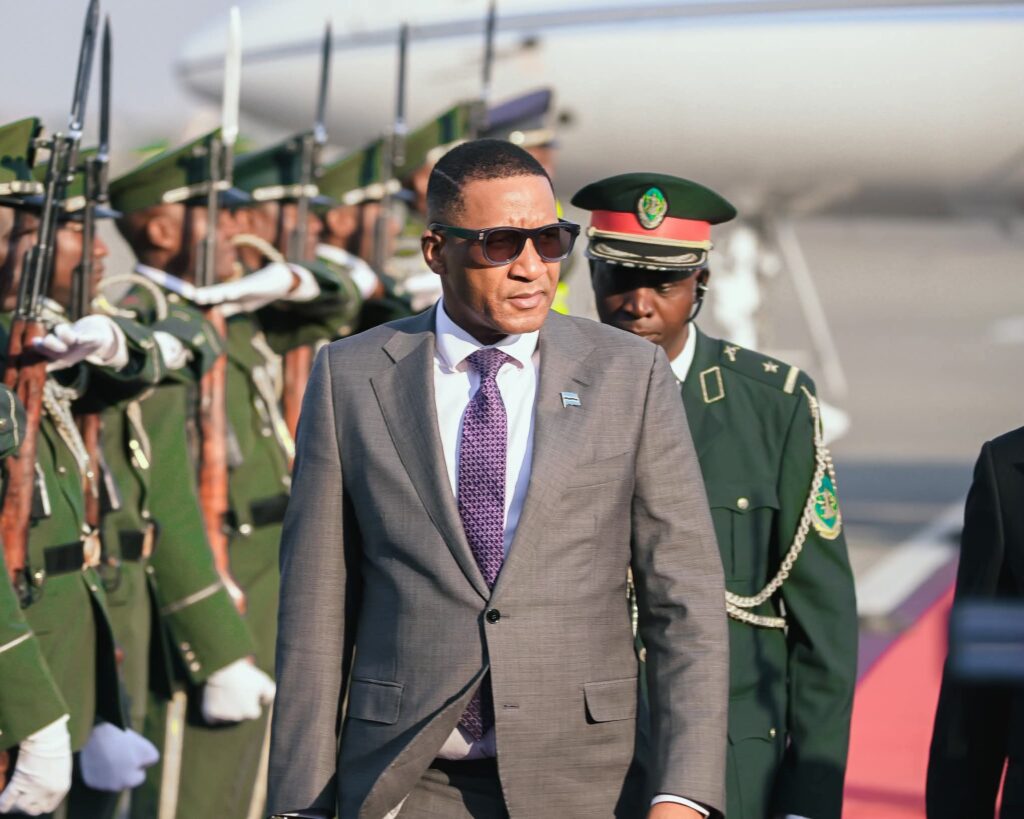
As President Dr. Lazarus McCarthy Chakwera hosts Botswana’s President Duma Boko and presides over national prayers, cultural dances, football games, and military parades, thousands of Malawians watching the festivities know too well that behind the spectacle lies a nation at war with itself, a war not fought with guns, but with ideas.
Or more precisely, the absence of ideas.
Our political system, 61 years after independence, continues to reward mediocrity, glorify criminality, and normalize political thuggery. And nowhere is this more evident than in the Democratic Progressive Party (DPP), which once sold itself as a party of vision and development but has now descended into a breeding ground for lawless strongmen, unchecked opportunists, and anti-democratic merchants of violence.
It defies logic and decency that in 2025, a man like Alfred Gangata, known for his fraudulently obtained MSCE certificate and zero record of service, is the DPP’s Vice President for the Central Region, a kingmaker in national affairs.
Even more appalling is that Norman Chisale, a man answering charges of using a stolen Junior Certificate to join the military and who became one of the most feared shadowy figures in Malawian politics under Peter Mutharika, remains a major powerbroker in the opposition and a de facto campaign manager.
Is this the best we can offer 61 years after independence? Is this what Malawi’s founders envisioned when they risked their lives to end colonial domination?
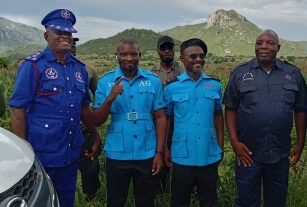
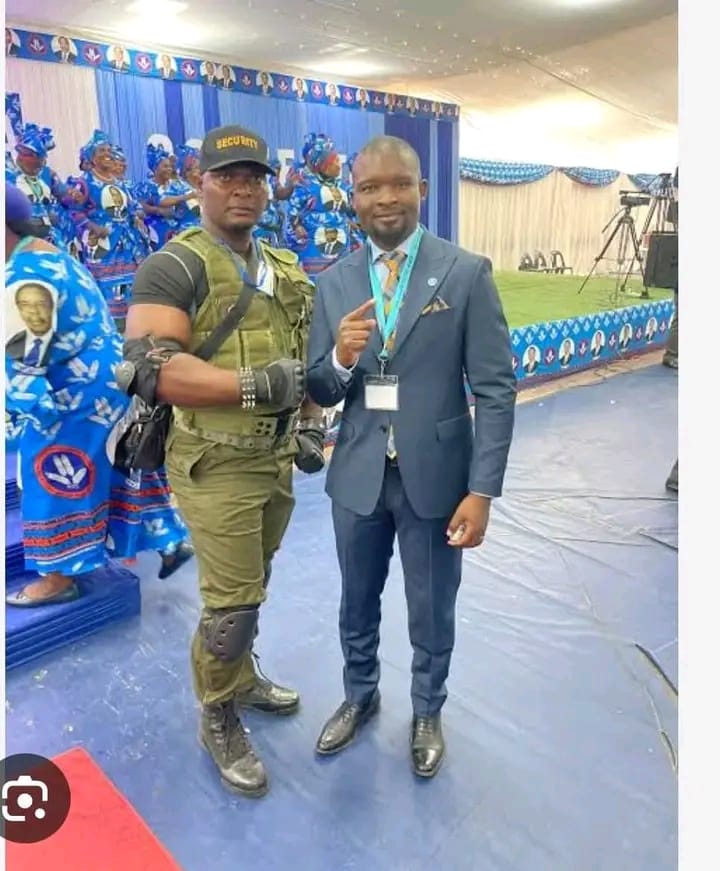
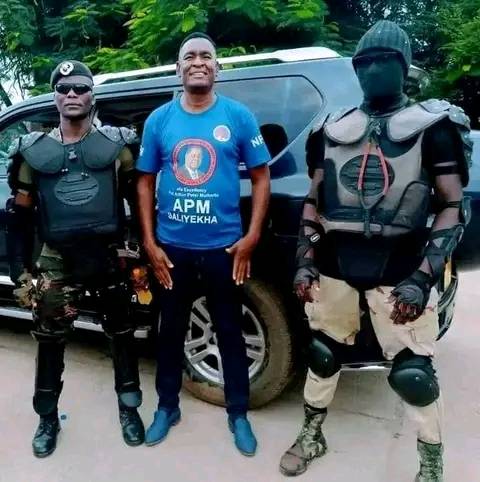
What exactly qualifies Gangata and Chisale to lead political dialogue in a nation of 20 million people, the majority of whom are under 30 and in desperate need of honest, educated, and visionary leadership?
Let’s be brutally honest: These are men who have climbed the political ladder not on merit, but on muscle. Their political tools are not ideas, values, or principles but violence, deception, and fear.
Their existence in frontline politics is a slap in the face to every hard-working student, civil servant, entrepreneur, and farmer trying to better their life through legitimate means.
Nothing better exemplifies the intellectual and moral poverty of this crop of leaders than Gangata’s recent insistence on holding demonstrations in Lilongwe at a time when Form Two students are writing their national examinations.
Even after civil society leaders like Robert Mkwezalamba and Benedicto Kondowe pleaded with him to postpone the march, citing security concerns and the sanctity of education, Gangata, in his usual arrogance, made a U-turn and told his supporters the protests were still on.
Why? Because political capital to him is worth more than academic futures. Why would an illiterate care about exams he never passed himself?
Thanks to the Lilongwe District Council and the District Commissioner Dr. Lawford Palani for stopping these political thugs in their tracks before damage was done. It is tragic, shameful, and unforgivable that we are risking the safety and dreams of school children just to gratify the egos of political failures who bring nothing to the table except chaos.
And then there is Chisale, the self-appointed godfather of DPP internal politics, a man under trial for theft and abuse of office, who is rumoured to be bankrolling violent demonstrations, mobilizing DPP youth wings, and intimidating vendors and business owners who don’t toe the party line.
When Malawi was yearning for transparency and reform post-2020, it was Chisale’s criminal web that epitomized the rot that had taken root in government. From unexplained wealth to alleged contract scandals, his record reads like a corruption casebook.
Yet he remains unrepentant, unaccountable, and unbelievably influential.
The presence of these men in our politics begs a painful question: What exactly are we celebrating? If we must mark 61 years of independence with a sober mind, we must acknowledge that Malawi is free only on paper. In practice, we are imprisoned by a political culture that rewards fraud over facts, brutality over brains, and thuggery over thoughtfulness.
How can we claim to be an independent republic when a political party that governed just five years ago now places its future in the hands of academic fraudsters and political hoodlums?
How can we talk about democracy when the opposition, which is supposed to present alternative ideas, is instead offering recycled fear, intimidation, and chaos?
It is telling that several educated figures within the DPP, including former cabinet ministers and legal minds, have distanced themselves from the party’s current trajectory. These are people who understand that politics should be a contest of ideas, not machetes and Facebook rants.
Yet their silence has also been disappointing.
By not calling out the likes of Gangata and Chisale, they have allowed the party’s worst elements to take over its agenda. Their failure to speak up has helped normalize the DPP’s decline into a party of violence rather than vision.
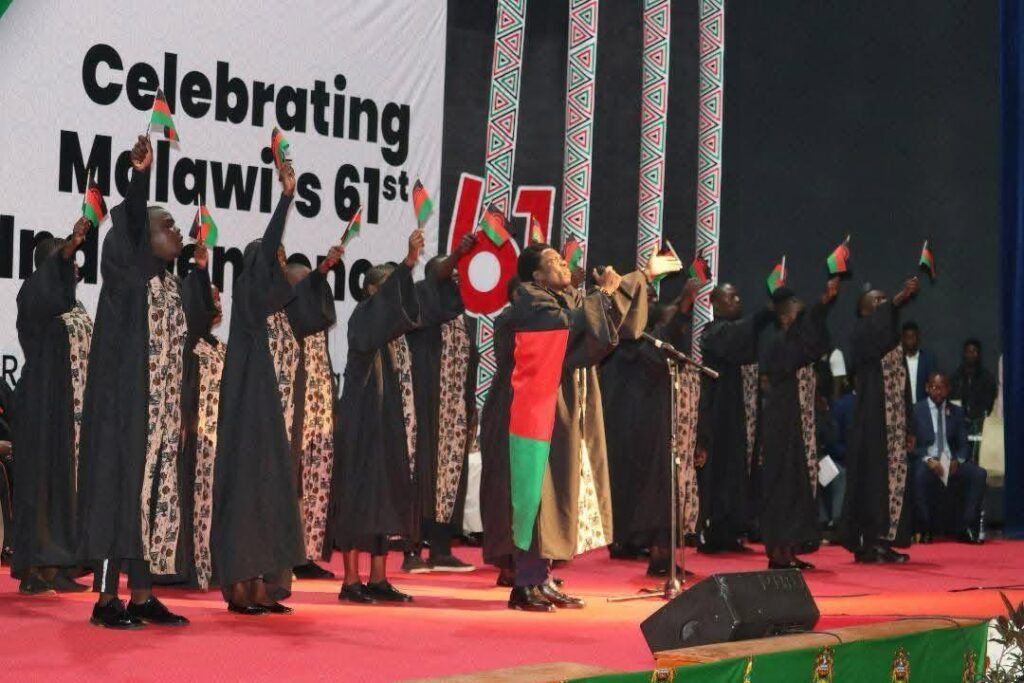
This year’s Independence celebration must serve as a turning point. With elections barely two months away, Malawians must ask themselves: What kind of future do we want?
Do we want to entrust our country to people who treat public life as a shortcut to wealth and revenge?
Do we want to raise children in a country where someone can become a national leader without completing secondary school, without ever reading a book, writing a policy, or serving a community?
Do we want politics that builds or one that destroys?
Sixty-one years of independence should have taught us that freedom is not enough. What matters is how that freedom is used. And right now, it is being squandered by people like Gangata and Chisale—men who are not just undeserving of power, but dangerous to the very idea of nationhood.
In 1964, we broke free from British colonialism. In 1994, we broke free from one-party rule. In 2025, we must break free from the politics of ignorance, violence, and fraud. We must reject the Gangata-Chisale model, not just at the ballot box, but in our homes, workplaces, and communities.
The independence we should be celebrating is not one of flags, prayers and parades, but of values and vision. The freedom to learn, to build, to think, and to lead—with integrity.
If we fail to do this, then 61 years later, we will have won the battle for independence, but lost the war for progress.
This is not just a celebration, it is a call to conscience. Let Malawi rise again. Let fools and frauds be exposed, rejected, and retired—for good.








